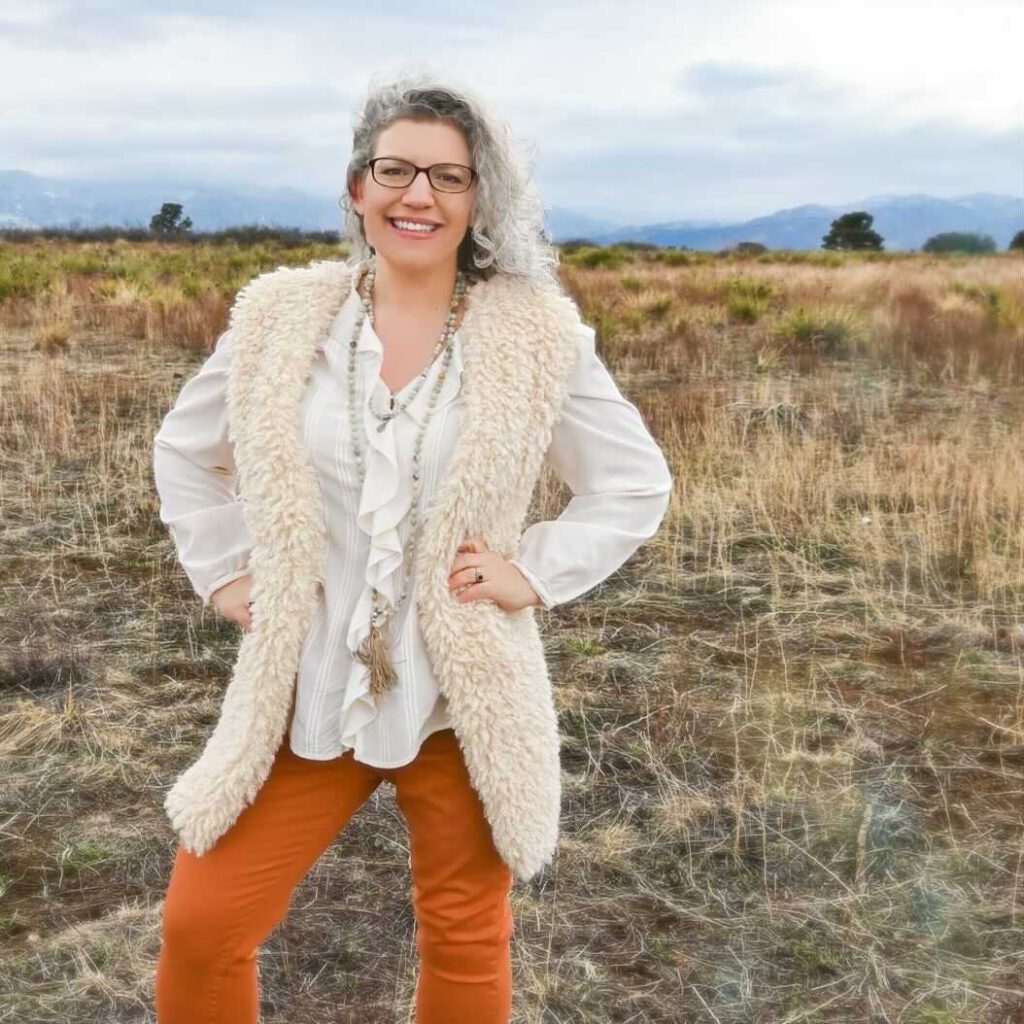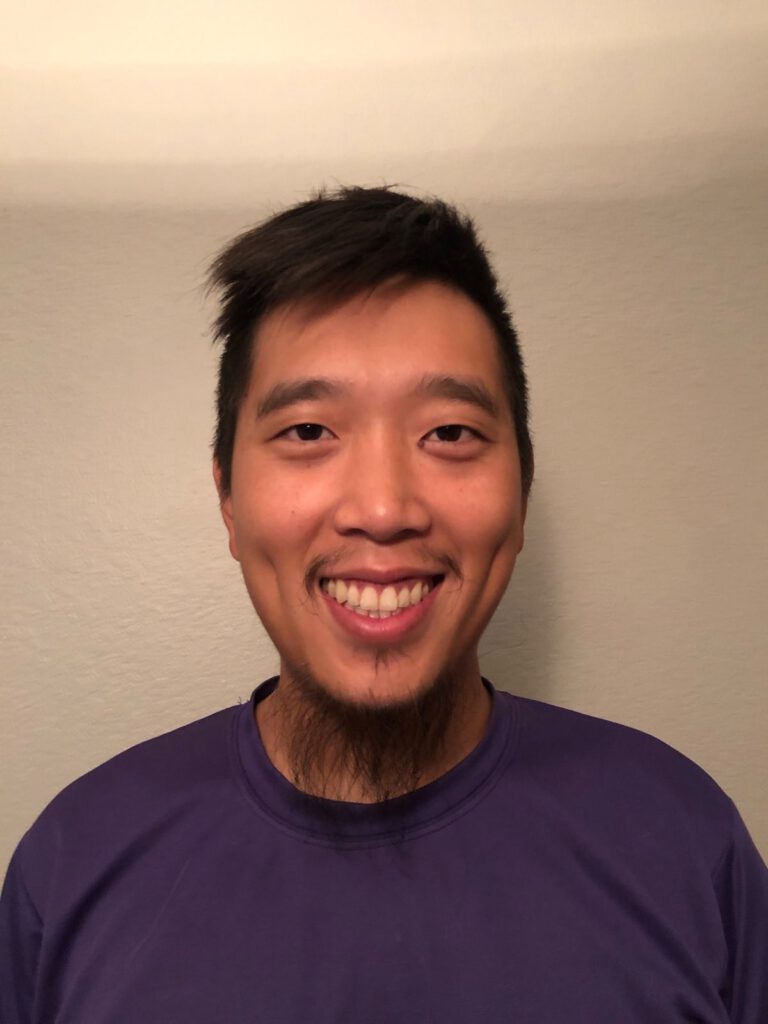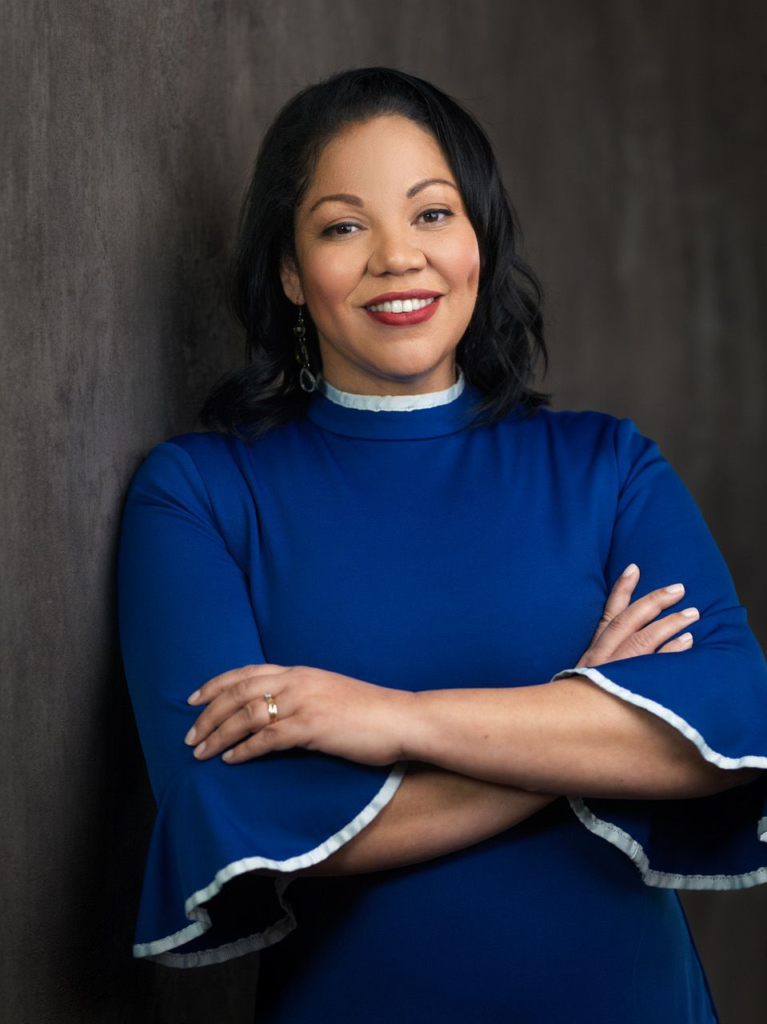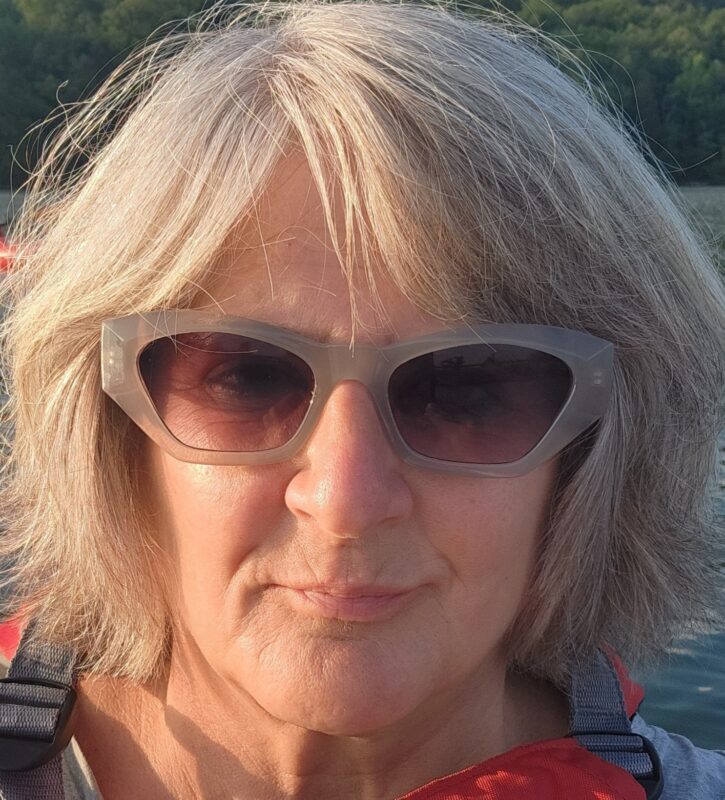“Consistent results from medical marijuana do not exist,” said Sami Spiezio, founder and CEO of Canna Group Consulting LLC in Columbus, Ohio.
According to Statista, the medical cannabis industry in the United States is exploding. Whereas Americans spent nearly $5 billion on medical marijuana in 2019, sales are expected to reach nearly $12 billion by 2024. It’s no secret more states are permitting medical marijuana sales within their borders each year, while the recreational use of cannabis is also gaining legislative and societal acceptance.

“Educating medical patients is a challenge faced by the medical cannabis industry in large part due to gaps in our understanding of the health effects of cannabis,” said Matthew Lowe, PhD, the research director at Realm of Caring, a Colorado non-profit that focuses on cannabinoid therapy access and research. Completing that necessary research is a monumental undertaking complicated partly by the bureaucracy the industry faces at organizational, state, and federal levels, he said.
However, since marijuana is still not legal under federal law, each state permitting medical and recreational cannabis sales within its borders has enacted its own set of laws governing it. For example, every jurisdiction instructs how the cannabis is to be grown, harvested, transported and sold on the market while also controlling how much product a patient may purchase.
Because no federal law governs how medical marijuana patients are to be educated about the cannabis they purchase to treat their ailments, that job is left to the states to legislate. Some have, while some haven’t. That means, in large measure, that the knowledge imparted on patients is only as thorough and accurate as is the training of budtenders, the clerks filling patient orders.
Who Is Minding the Budtender?
When a medical marijuana patient is issued a prescription for medical cannabis in a jurisdiction permitting its sales, they then register that status with the state agency overseeing the medical cannabis industry. Meanwhile, the general rule in the medical cannabis world is that budtenders tending to medical cannabis patients are not required to undergo specific training or possess a modicum of knowledge regarding which strains and products would best treat what ails the client. Colorado is an exception, where budtenders who assist recreational and medical cannabis users are required to secure a Marijuana Enforcement Division occupational license.

Budtenders, who tend to be hourly employees, may even have a covert financial interest in promoting a certain product, said Caleb Chen, founder of The Highest Critic, a review website of many products, including cannabis.
Medical marijuana patients should “be careful the budtender knows what they’re talking about because, at the end of the day, they may get a kickback for selling a product,” Chen said.
So, he cautions, “Buyer beware.”
The medical cannabis community isn’t receiving the most accurate assistance. This is partly due to the general disconnect in educating budtenders on products and their potential effects.
“Budtenders … should not be advising people with medical conditions what they should be using and how much. Only a doctor should be giving medical advice,” said Heather Jackson, founder of Realm of Caring. Consumers are being put at risk by budtenders distilling medical advice without proper certification or knowledge.
To counter that, Realm of Caring operates a free call center that uses published research and its own published registry data to guide individuals in finding quality products aimed at treating particular ailments. According to Jackson, the call center has logged more than three million minutes on the phone counseling cannabis consumers since 2015.
Meanwhile, they’re not the only dispensary focused on patient education.
The National Holistic Healing Center in Washington, DC, the leading medical marijuana dispensary in the district, doesn’t refer to its client-facing personnel as budtenders. Instead, “we refer to them as Wellness Consultants,” said Dr. Chanda Macias, the dispensary’s founder.

Armed with a PhD in Cell Biology, Dr. Chanda, as she is affectionately referred, imparts her vast experience with cancer and infectious disease research on her company’s Wellness Consultants. The enterprise trains its Wellness Consultants on various matters that will assist them in suggesting the best cannabis product for a specific ailment, Chanda said.
“We train employees on strain alignment, terpene profiles for certain conditions, and which cannabinoid profiles are good for certain conditions,” she said.
Education is “our fundamental platform,
so the patient is educated to make an informed decision about their healthcare,” Chanda said.
She laments the medical cannabis community as a whole has yet to embrace higher standards for employee awareness about the products they are selling.
A Patient’s Responsibility
“The biggest issue is where the medical patient is receiving their information,” Spiezio said.
In the Buckeye State, for example, a consumer applying to receive a medical cannabis card must demonstrate they are afflicted by one or more of the 22 ailments for which the state permits such a license to be granted. A person can either visit one of the 615 Ohio physicians permitted to write such a prescription or visit what is referred to in the state as “Card Shops,” explains Spiezio.
In Spiezio’s mind, since Ohio patients are not required to maintain an ongoing relationship with the medical professional who wrote their cannabis prescription, the consumer is not receiving consistent medical advice as to what cannabis to purchase to treat what ails them.
That troubles him. It is partly due to the vast potential for misinformation that Spiezio has developed a unique relationship and trust with his medical advisor. That way, Spiezio can be assured he purchases the correct medical cannabis to treat his particular conditions.
“Most people chose to take the other route and rely on the budtender at their local dispensary to make these suggestions based on little to no background on the patient. Not only is this providing a disservice, it could also be the complete opposite of what the patient needs to help with their condition,” he said.
Dr. Chanda agrees. “If a doctor recommends you to be in the program, why aren’t they also prescribing specific strains?” she said. “It should never be the responsibility of the patient to decide their medical treatment.”
Jackson disagrees, contending patients are not as powerless as it may seem when it comes to purchasing the right cannabis products to treat what ails them.
“The consumer has the power with their purchase. Close your pocketbook to products that are not consistent and not of high quality,” she said. “It is the industry’s and consumers’ job to raise the tide.”
This article was first published in the spring 2022 issue of Cannabis & Tech Today. Read the full issue here.






